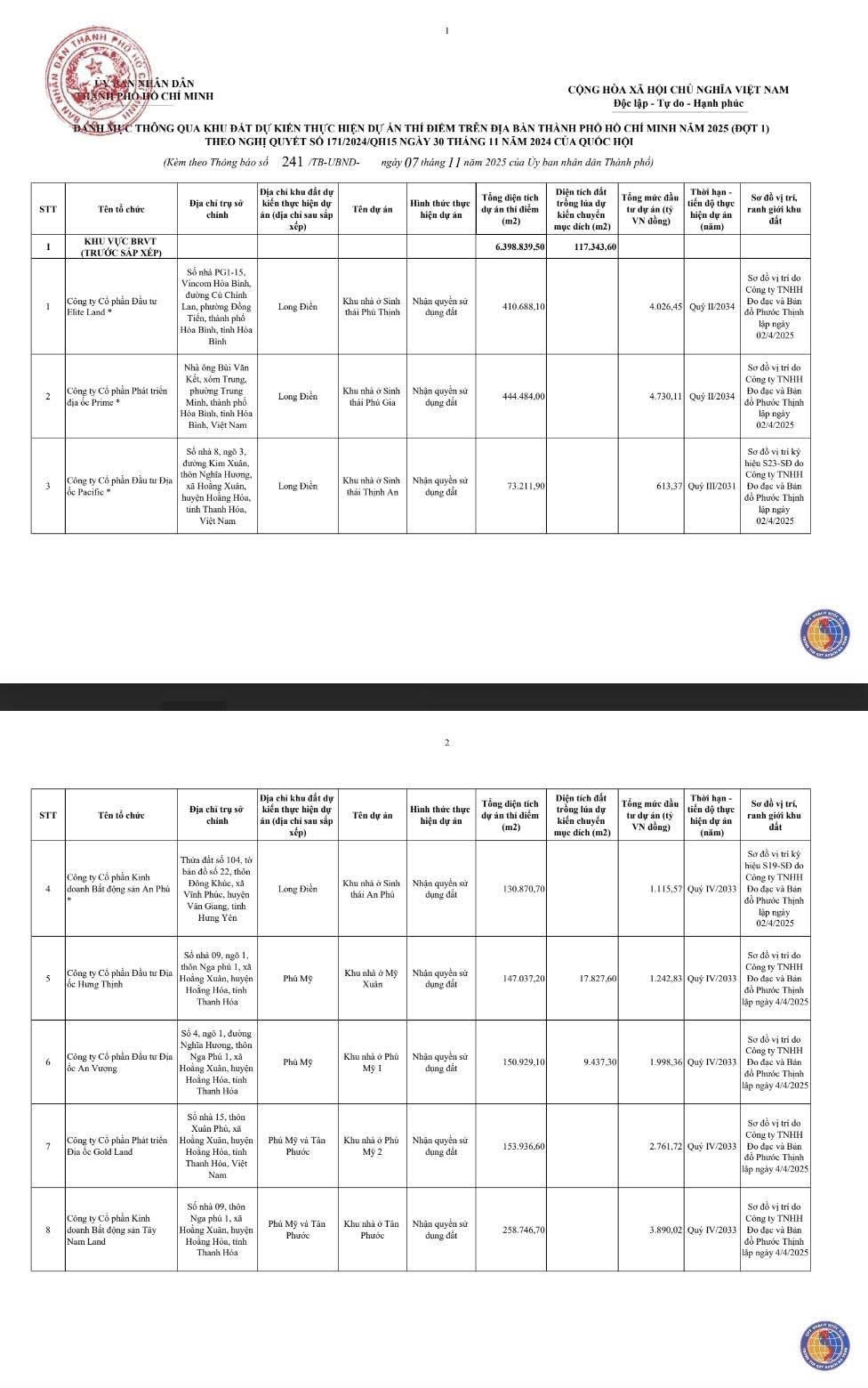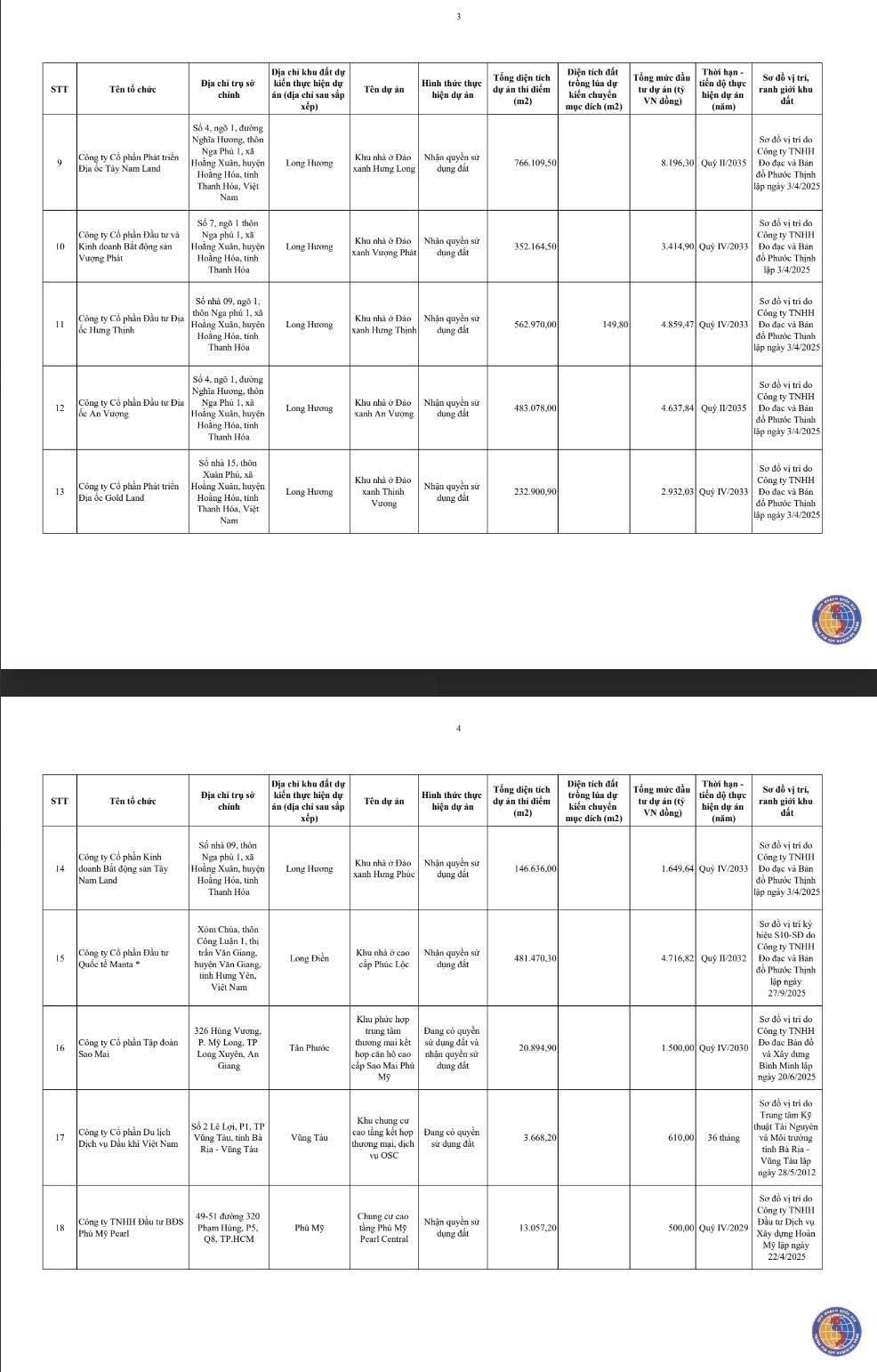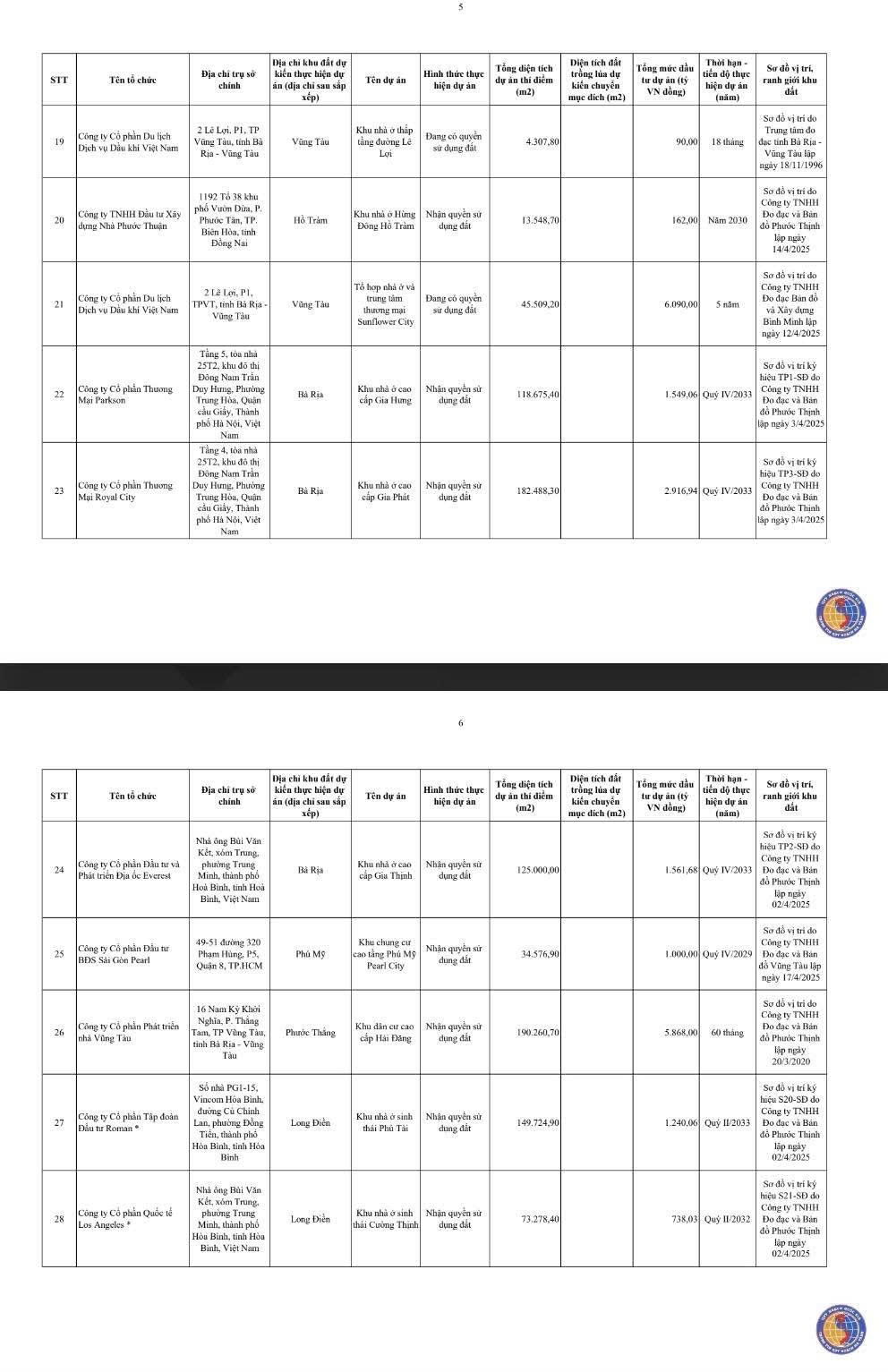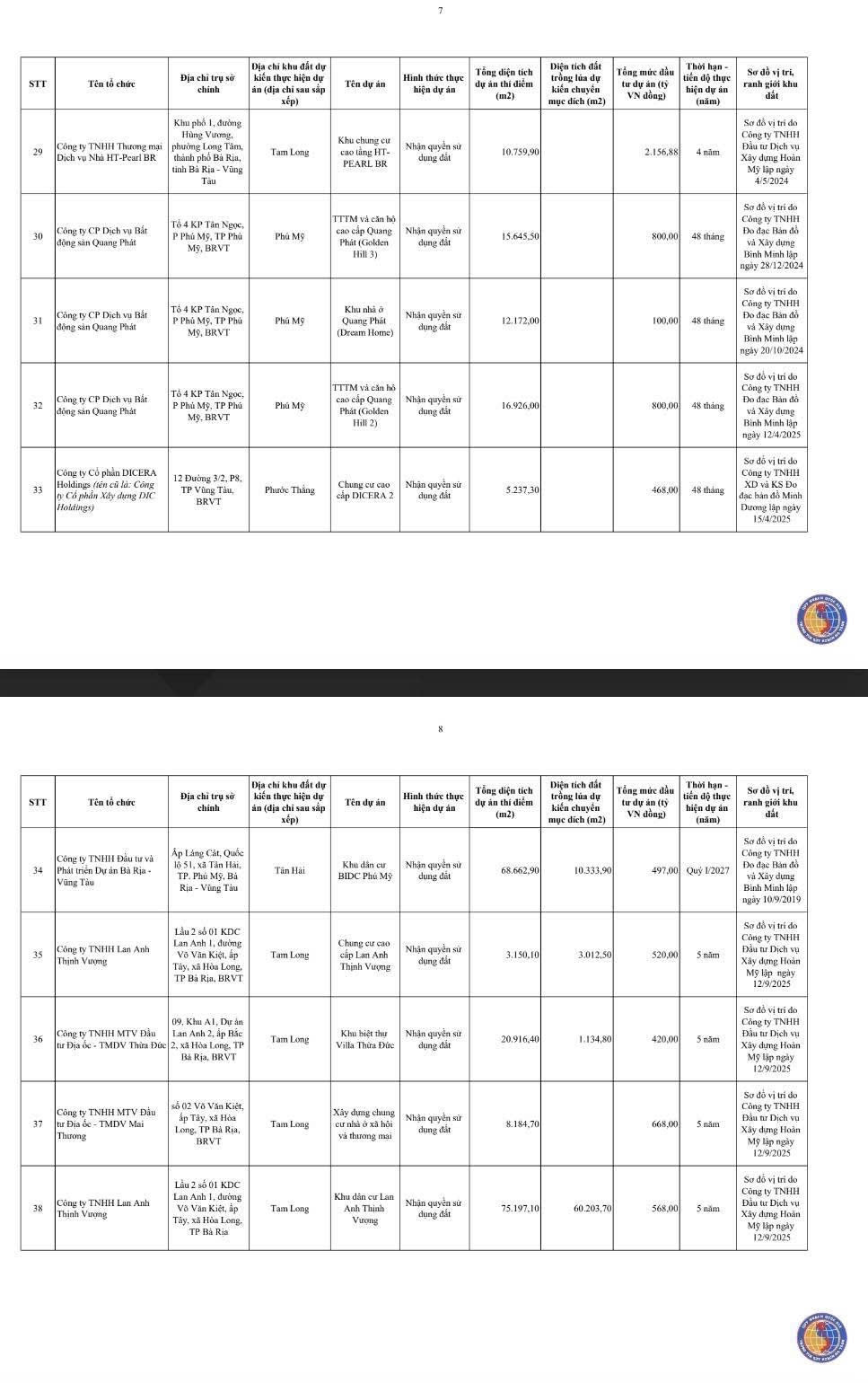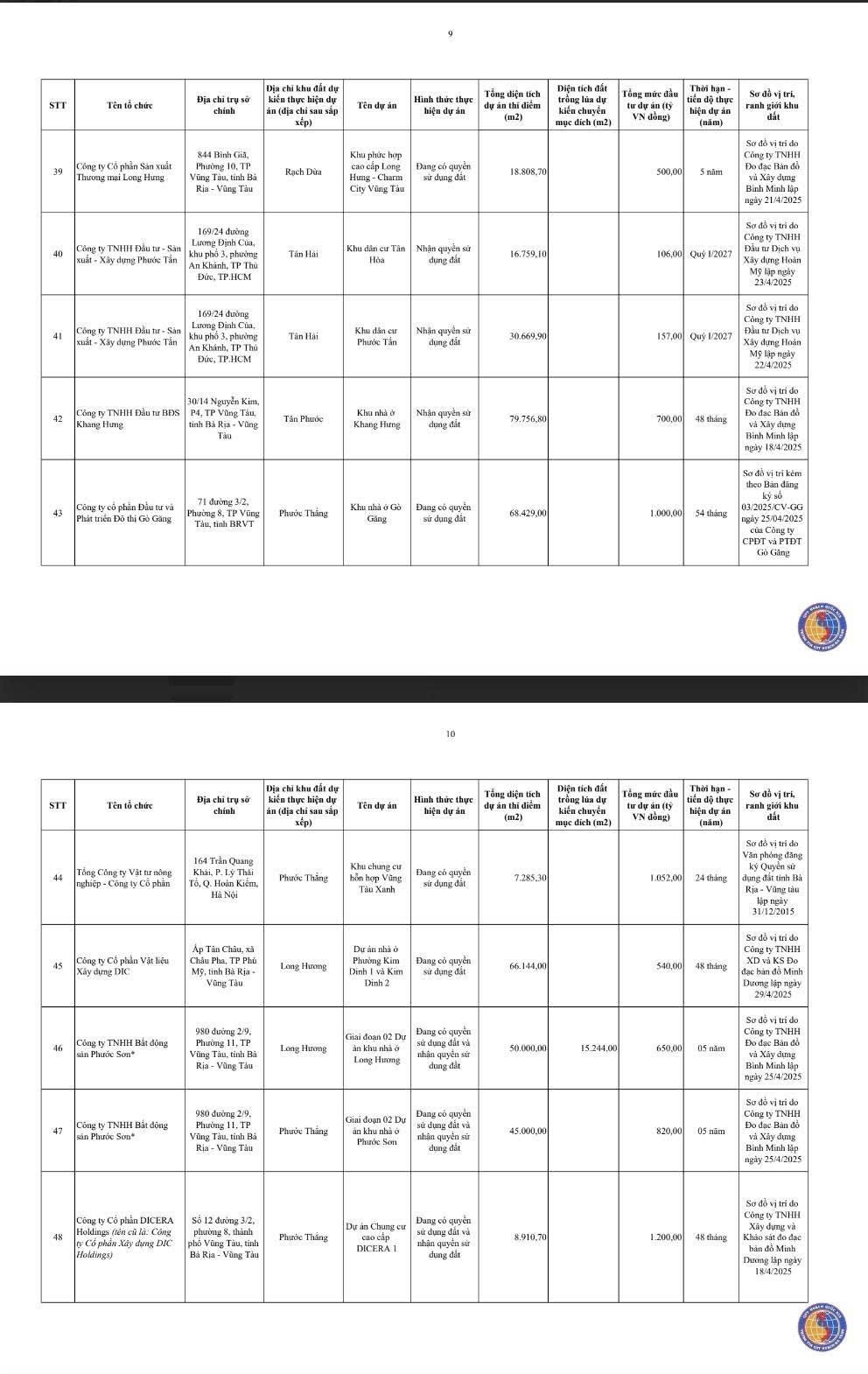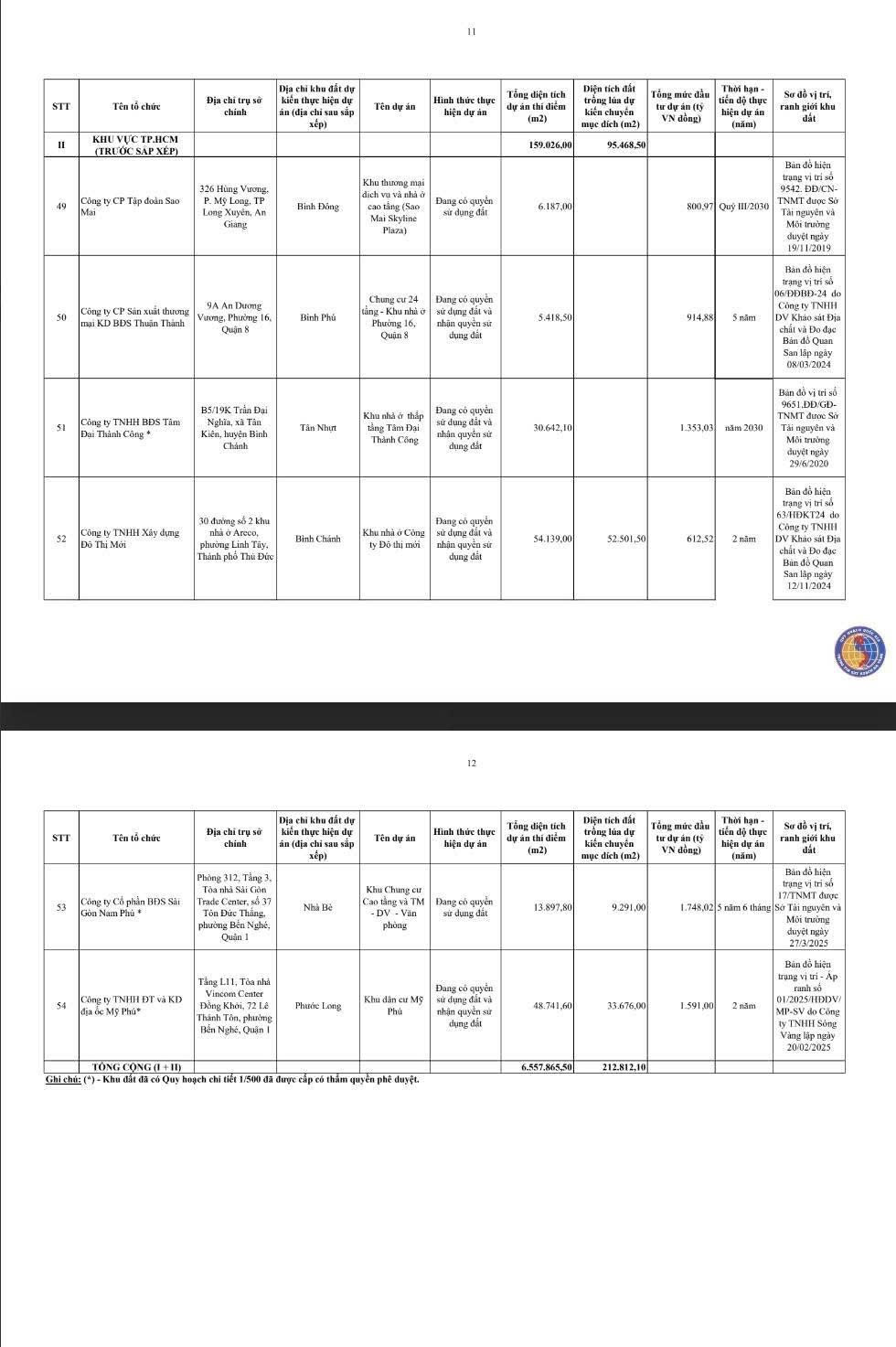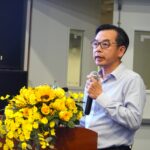The Ho Chi Minh City People’s Committee has approved 54 real estate companies to pilot commercial housing projects on agricultural land.
Accordingly, the 54 approved land plots cover a total area of over 6.55 million m², including nearly 213,000 m² of rice fields slated for conversion. Among these, 48 plots are located in the former Ba Ria – Vung Tau area, and 6 are in the former Ho Chi Minh City area.
The Ho Chi Minh City People’s Committee stated that this announcement serves as the basis for investors and authorities to proceed with subsequent procedures. The committee requests relevant departments, agencies, and localities to coordinate and facilitate the project’s implementation in compliance with regulations, transparency, and efficiency. Moving forward, Ho Chi Minh City will continue to review suitable land plots to expand the list of pilot projects.
Previously, the Ho Chi Minh City People’s Council approved the list of land plots for pilot projects in Ho Chi Minh City for 2025 (first phase) under Resolution No. 171/2024 of the National Assembly.
Specifically, the Ho Chi Minh City People’s Council approved 54 out of 74 land plots submitted by the Ho Chi Minh City People’s Committee for pilot use of agricultural land for commercial housing projects without requiring 100% residential land as per current laws. The common deadline for these projects is March 31, 2030.
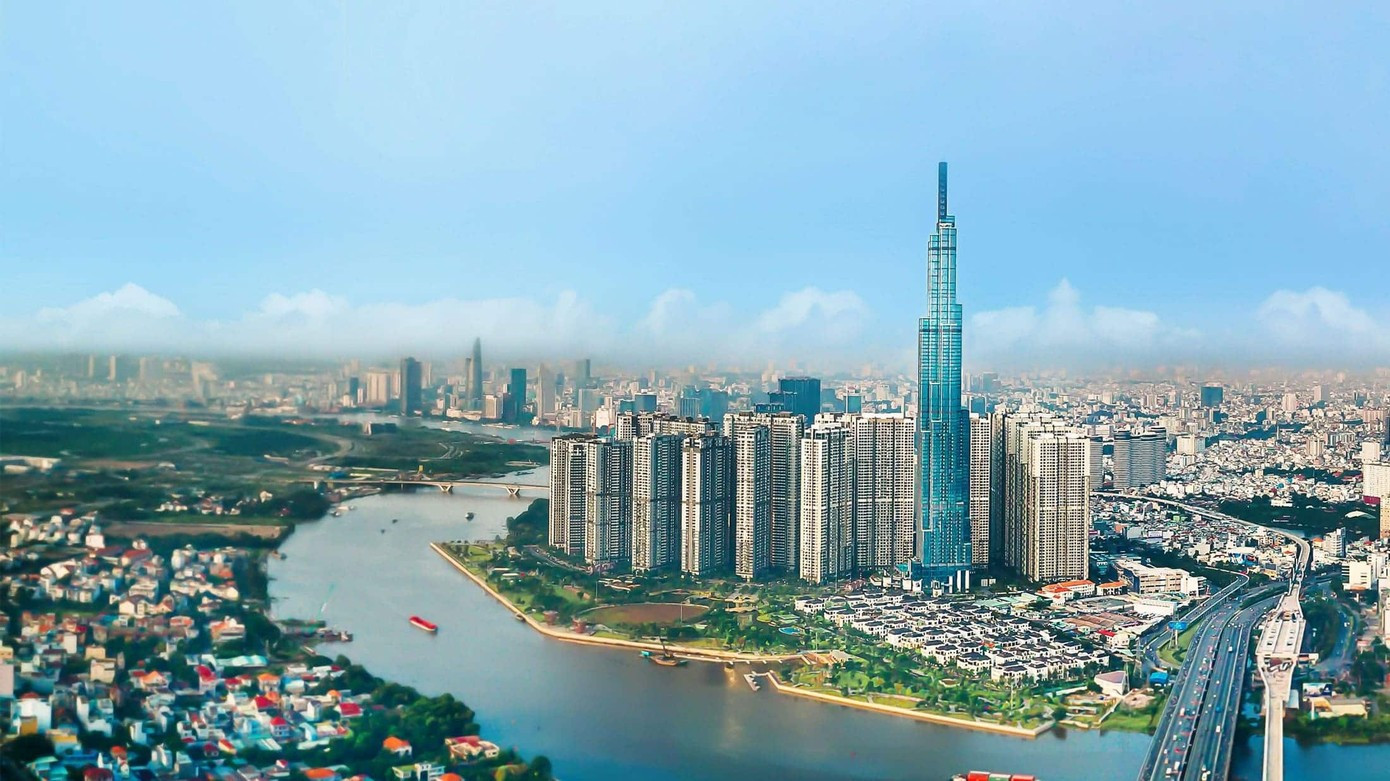
Ho Chi Minh City allows pilot implementation of commercial housing projects through land use rights agreements or existing land use rights.
These pilot projects are implemented in three forms. The first is acquiring land use rights for large eco-housing projects such as Phu Thinh Eco-Housing Area, Phu Gia Eco-Housing Area, An Phu Eco-Housing Area, and Gia Hung High-End Housing Area.
The second form involves existing land use rights for projects where real estate businesses already hold land use rights, such as the OSC High-Rise Apartment Complex with Commercial Services, Le Loi Low-Rise Housing Area, and Long Hung – Charm City Vung Tau High-End Complex.
The third form combines existing land use rights with acquiring land use rights, applied to projects like the Sao Mai Phu My Commercial Center and High-End Apartment Complex, the 24-Story Apartment Building in Ward 16, District 8 (former), and the My Phu Residential Area.
For the 20 out of 74 land plots that do not yet meet legal requirements, the Ho Chi Minh City People’s Committee has directed a review, consideration, and supplementation to ensure compliance with legal provisions. Once fully legalized, the committee will report each project specifically, compile a list, and resubmit it to the Ho Chi Minh City People’s Council.
Resolution 171 allows pilot implementation of commercial housing projects through land use rights agreements or existing land use rights, instead of requiring 100% residential land as per current laws. It permits real estate businesses to acquire land use rights and change land use purposes for agricultural land, non-agricultural land (excluding residential land), residential land, and other land types for pilot projects, provided the land aligns with local housing development plans, programs, and schemes.
Previously, the law only allowed commercial housing projects on legal residential land or land mixed with residential use. Consequently, many land plots within urban planning areas but not recognized as residential land could not be developed, leading to numerous stalled plans and difficulties for businesses in consolidating land for investment approval.
